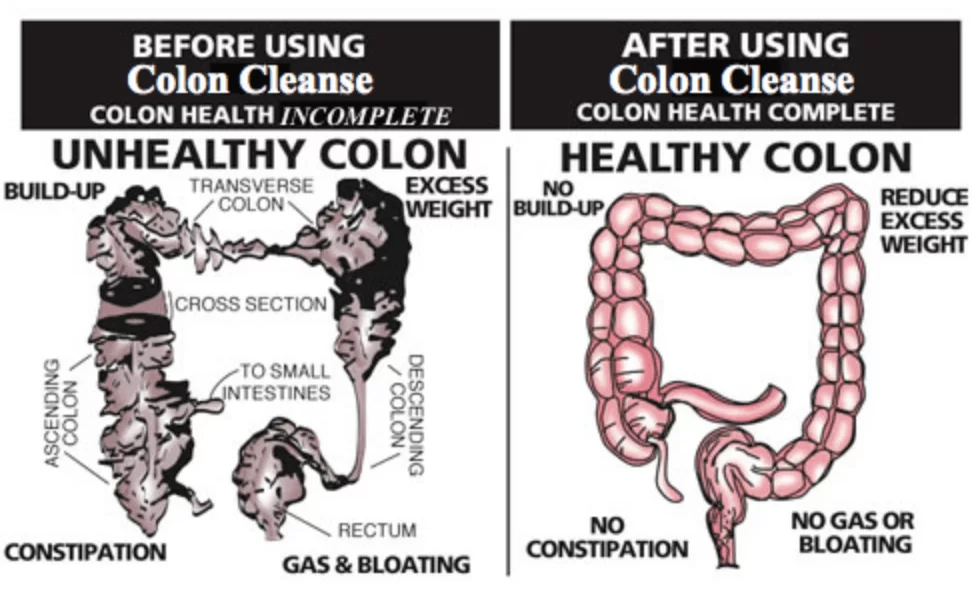
Three Common Reasons for Brain Fog
Most of us succumb to the dreaded brain fog occasionally, but for some, it is a way of life. When we feel it, we are often quick to try to attribute it to something obvious… one too many red wines the night before, old age… there must be a reason for it, but that reason isn’t always apparent.
Many people will head for the coffee machine to remedy it, but like taking painkillers, this just masks the symptoms temporarily. Naturally, you’ll want a solution even if you can’t figure out what’s going on; this is understandable but if you’re having regular problems with concentration, sluggishness and lack of motivation, there’s probably an underlying cause worth digging for.
There is a very good chance that diet and lifestyle are contributing to it, but that may not be the full story. Heavy metals in the body are a common problem these days, but that’s an article in itself. It is worth checking your mineral levels to find out if you have excessive heavy metals in your blood.
Reasons brain fog may be getting the better of you
If brain fog is starting to feel like your usual state, consider one of these underlying causes as a possibility:
-
Sleep deprivation
Sleep deprivation is something that tends to come in phases unless you’re one of the unlucky chronic insomniacs out there. Apparently, six hours of sleep is the optimal amount, but a lot of us like to have something like eight hours. If you’re finding that 8 hours isn’t enough – and you’re not a teenager – one of the above causes of brain fog could be behind that too.
For those who aren’t getting enough sleep, it’s the quality of sleep we should seek. It is better to get four hours of uninterrupted sleep than six hours of broken sleep. Too much coffee and tea each day is keeping the body in a low-level fight or flight mode, firing the adrenals constantly. This is never going to help the body get proper rest at night.
One of the modern sleep disruptors is blue light from phone screens and televisions. This sends a signal to your brain, putting your melatonin levels out of whack so that your brain doesn’t realise it’s time for bed. Even if we do fall asleep, we are more likely to be restless and not go into the necessary deep sleep state each night that helps our bodies to heal and regenerate.
-
Candidiasis (candida overgrowth)
Candida is a yeast that lives in the human gut. This is not a problem unless it is allowed to grow out of control, creating an imbalance and breaking through the gut lining into the bloodstream, where it turns to fungus and sets up colonies in warm, damp places in the body.
As a typical Western diet is the main contributor to candida overgrowth, (think beer and wine, sugar, high-fructose corn syrup, dairy, wheat products), it could be that too many convenience foods full of additives are causing your brain fog. Such foods tend to feel addictive; this is down to the fact that they are also food for your candida. Candida fungus is like a parasite in that it lives off what you put into your body, and it craves more of this in order to keep proliferating.
Candida causes a whole host of symptoms, but brain fog is one of the most common ones. If you are suffering from regular brain fog and you find that you’re also struggling with some of these other candida symptoms, you may have found the culprit. It is easy for people to become accustomed to their symptoms, in the same way, they do with getting a common cold. It’s called a ‘common cold and that implies that it is normal. It isn’t. Our immune systems are weakened and that’s why we can ‘catch them in the first place. When you are flying high with vitality, you will find that you rarely - if ever - get a cold.
If you suspect you have candida overgrowth (candidiasis), please take a look around our site; we have a lot of information, some tests you can do, and some powerful candidiasis solutions to help you get over it.
-
Dairy products
The myth that dairy products are good for you is finally losing its grip on us. An animal rights groups won the right in court to market dairy as inhumane, and despite the farming industry appealing it, they lost. Whether people care about the welfare of dairy cows or not, the fact remains that dairy is very bad for your health.
Pasteurised dairy is incredibly toxic. Cow’s milk has a molecular structure that challenges the human digestive system – the molecules are too large for our stomachs to manage properly. This is quite simply because cow’s milk is designed for another species… cows!
People regularly claim to be lactose intolerant. They are allergic to lactose as it’s not something that is found in any other human food. The body will try to flush out the foreign substance, leading to excessive phlegm and mucous; you might find you sneeze a lot, you have blocked sinuses in the morning, a feeling of tightness in the brain and limbs, and inability to get out of bed in the morning… and of course brain fog.
Dairy can be responsible for all of these issues and many more serious ones. For instance, it promotes inflammation and osteoporosis, which is the opposite of what most of us have been told since we were children.
If your dietary habits constitute any of the things listed above, making some healthy modifications is likely to have a positive impact on your brain fog. Even if it didn’t, you can be sure that the changes will be helping your body in other ways anyway. So the way we see it, you’ve got nothing to lose!




 Why Supermarket Herbs and Spices Like Cinnamon are Bad for Health
Why Supermarket Herbs and Spices Like Cinnamon are Bad for Health
 Why Omega-3 Fatty Acids are a Recipe for Great Health
Why Omega-3 Fatty Acids are a Recipe for Great Health



.png)









